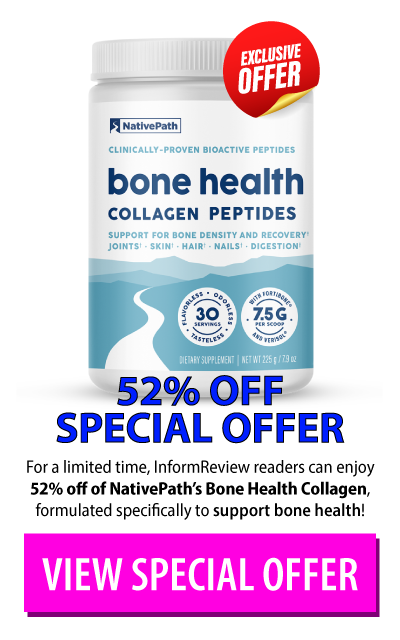Embarking on the journey of aging is an adventure filled with new experiences. A crucial aspect of enjoying this phase to the fullest is safeguarding our skeletal health. Let’s explore effective strategies for maintaining robust bones through the years.
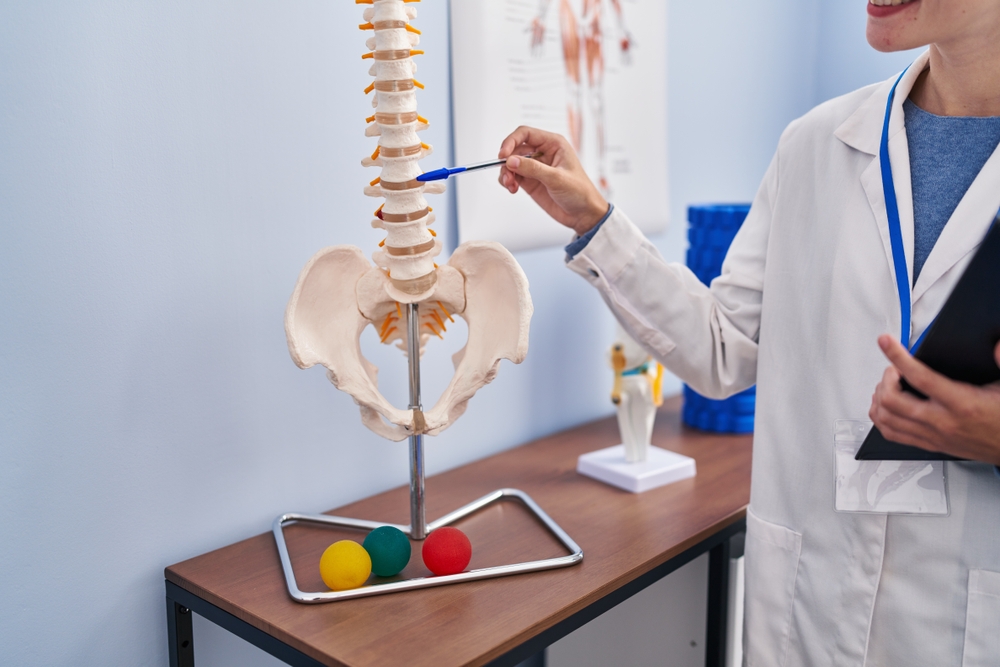
Understanding Bone Health with Age
- Natural Aging Process: As we grow older, our bones naturally begin to lose density and strength, which increases the risk of fractures.
- Age-related Collagen Loss: As we age, our bodies are not able to produce as much collagen. This loss of collagen can lead to the breakdown of cartilage, joint damage, and bone loss.
- Menopause and Bone Density: Women may experience a more rapid loss in bone density during and after menopause due to hormonal changes.

Essential Strategies for Bone Health
- Nutritious Diet: A diet rich in calcium and vitamin D is paramount. Dairy products, leafy greens, nuts, and fortified foods should be staples in your diet.
- Exercise Regularly: Engage in weight-bearing exercises such as walking, jogging, or yoga. Strength training is also vital for preserving bone mass.
- Regular Health Check-ups: Regular screenings, including bone density tests, are crucial for early detection and treatment of osteoporosis.
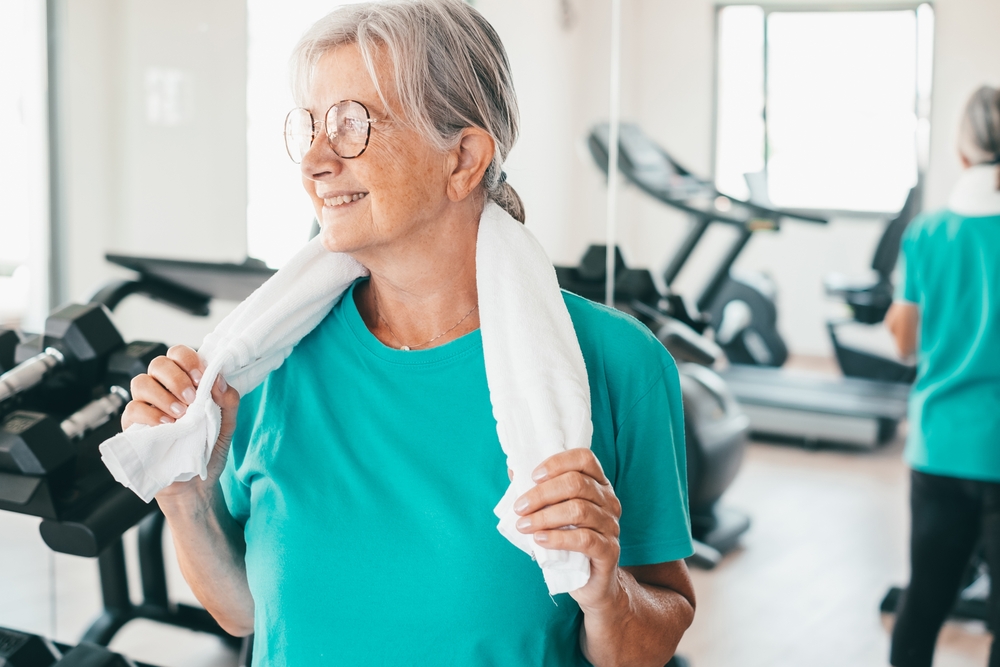
Lifestyle Choices for Strengthening Bones
- Stay Active and Balanced: Incorporate physical activities into your routine that also enhance balance and coordination to prevent falls.
- Mindful of Medications: Discuss with your healthcare provider about any medications you’re taking that might impact bone density.
- Avoid Smoking and Limit Alcohol: Smoking and excessive alcohol consumption can adversely affect bone health.
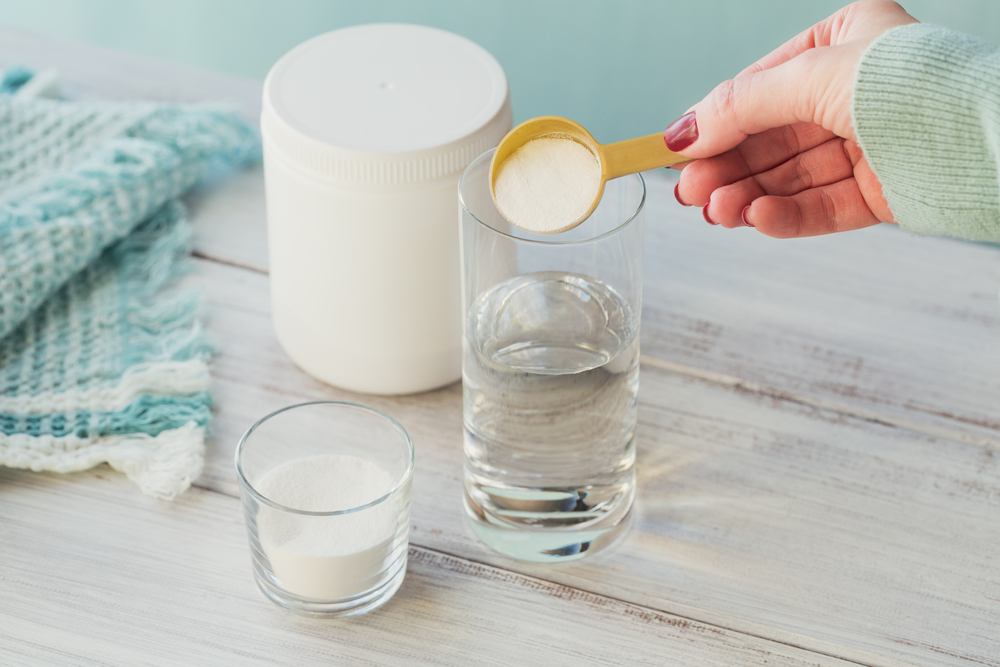
Supporting Your Bones with Supplements
- Collagen Supplements: As we age, our bodies produce less and less collagen. Collagen powder supplements can help replace collagen lost to the natural aging process. Fortibone is a type of collagen designed specifically to combat age-related bone loss. You can read more about Fortibone collagen here.
- Calcium and Vitamin D Supplements: If your diet falls short, consider supplements.
- Other Nutrients: Magnesium and vitamin K are also important for bone health.
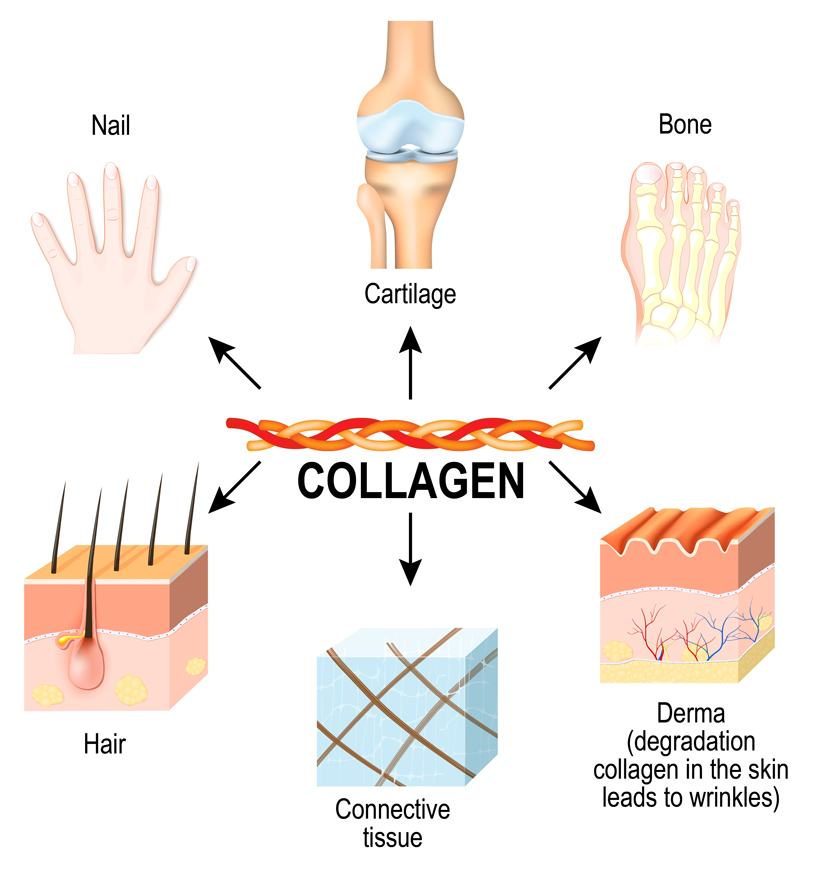
Embracing a Bone-Healthy Lifestyle
- Stay Informed: Keep abreast of the latest health information and recommendations for bone health.
- Community Support: Join groups or communities that focus on healthy aging and physical activity.
- Mental Health: Maintain a positive outlook and manage stress, as mental well-being is also linked to physical health.
Aging is an inevitable part of life, but it doesn’t have to mean becoming fragile. By taking proactive steps today, you can protect your skeleton, ensuring it’s strong enough for all the adventures yet to come. Remember, it’s never too late to start caring for your bones – your future self will thank you!


